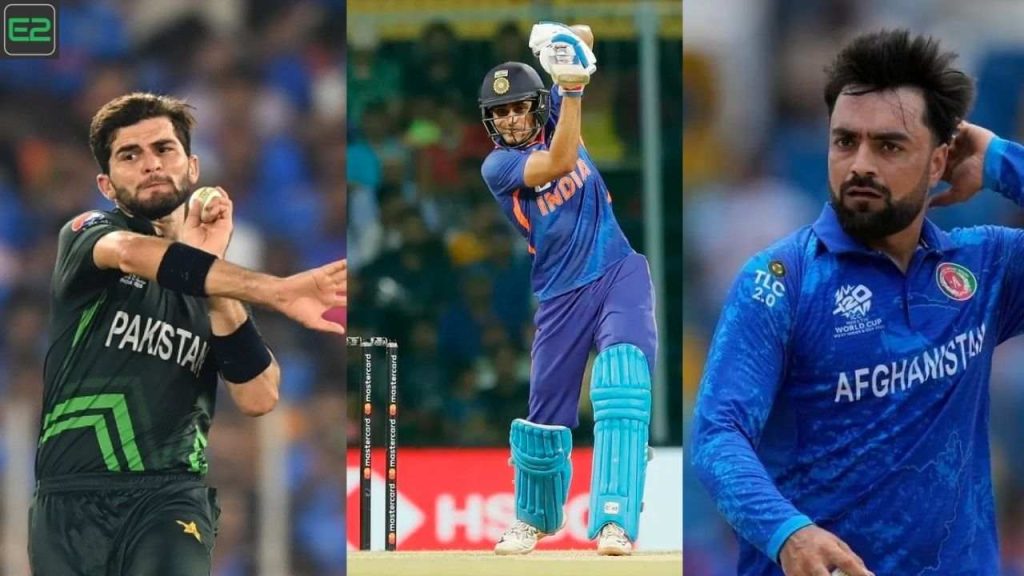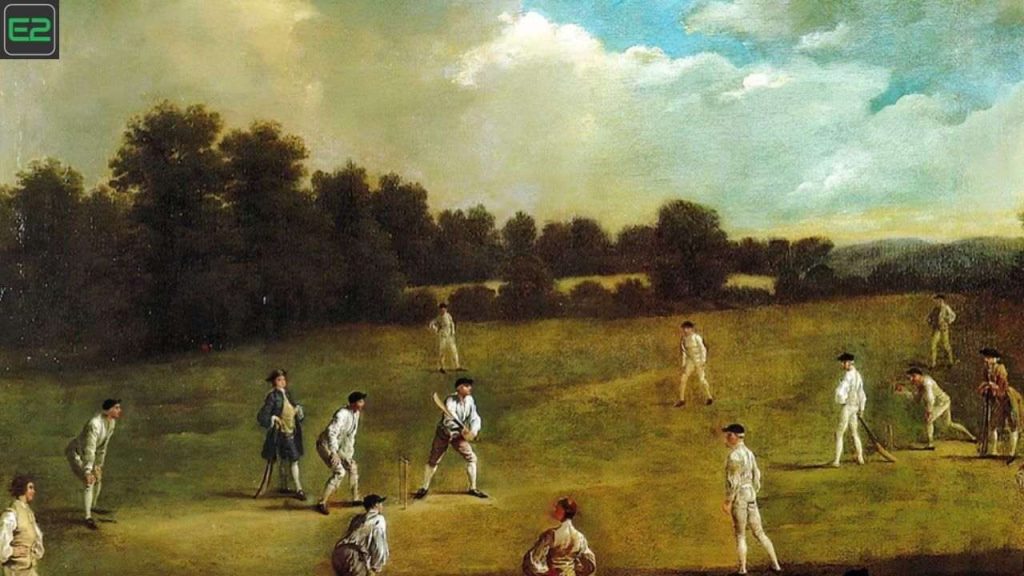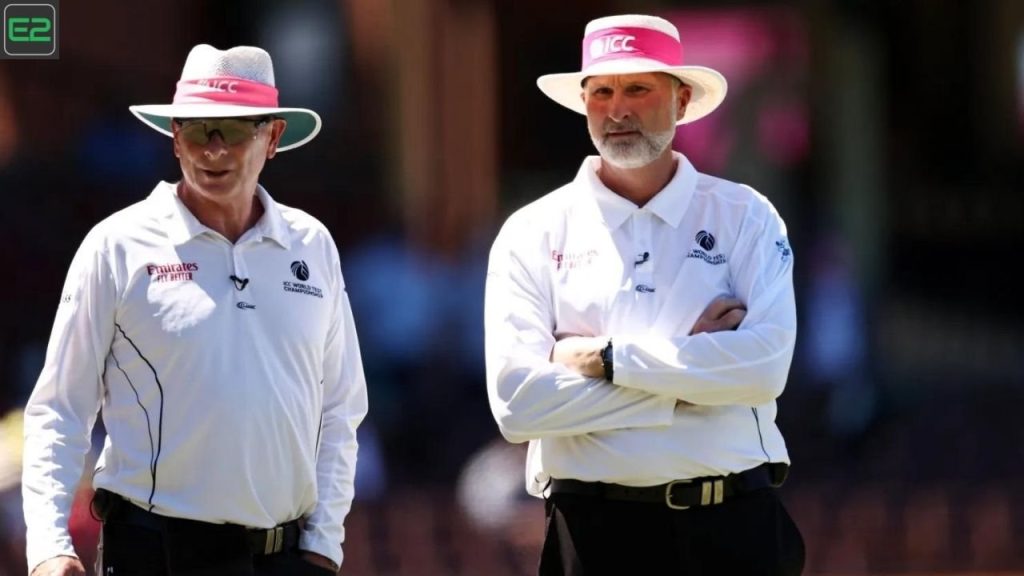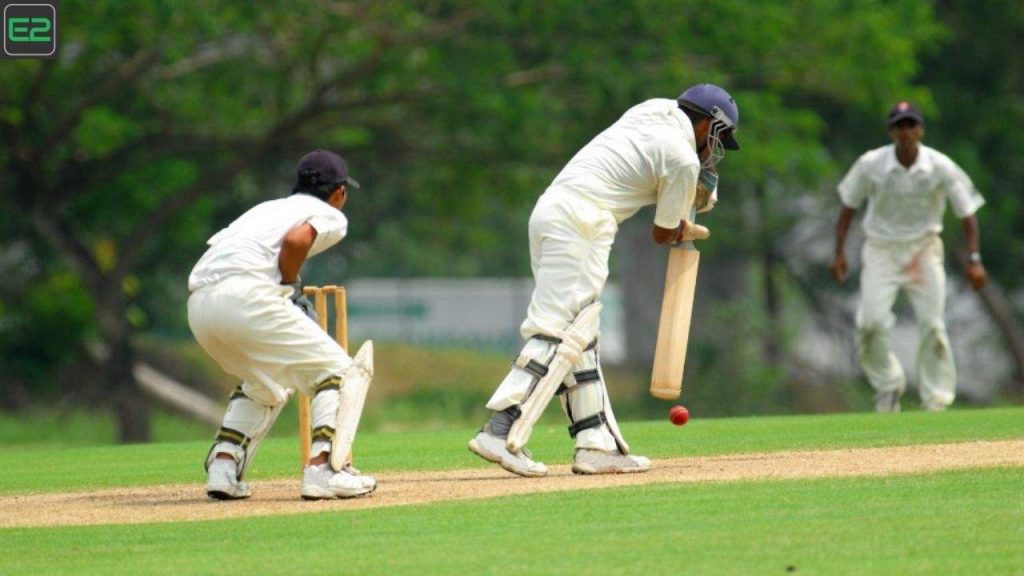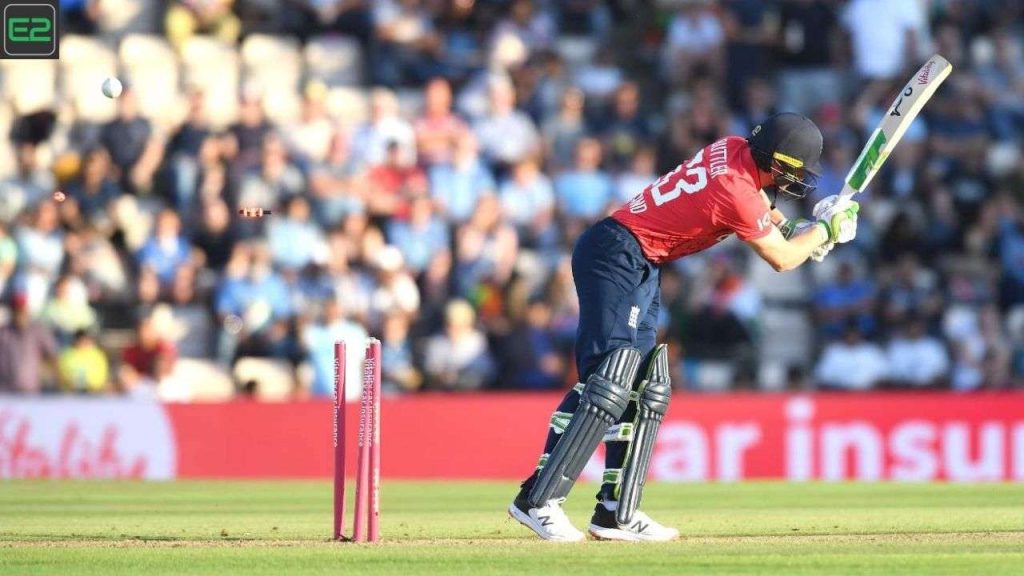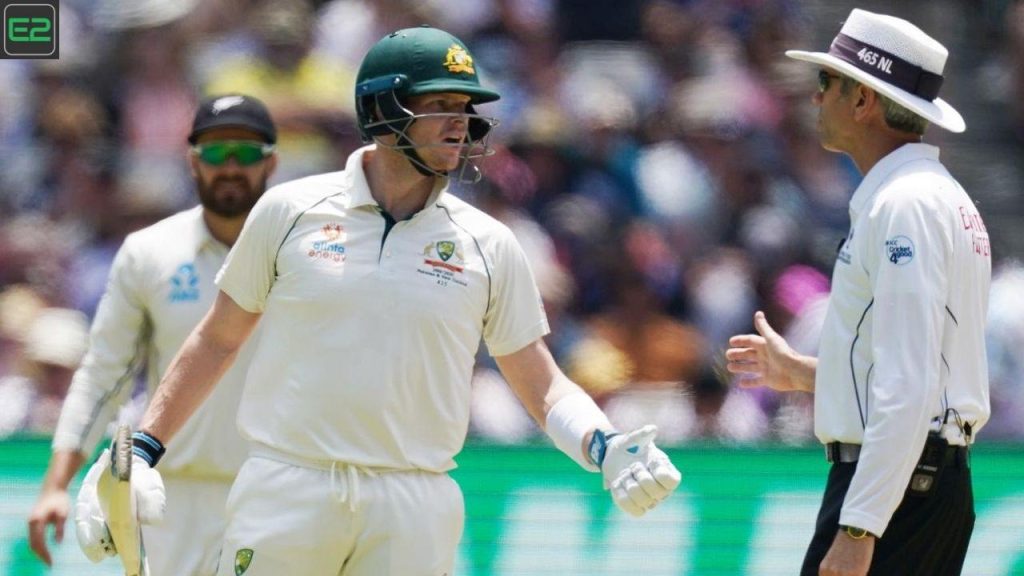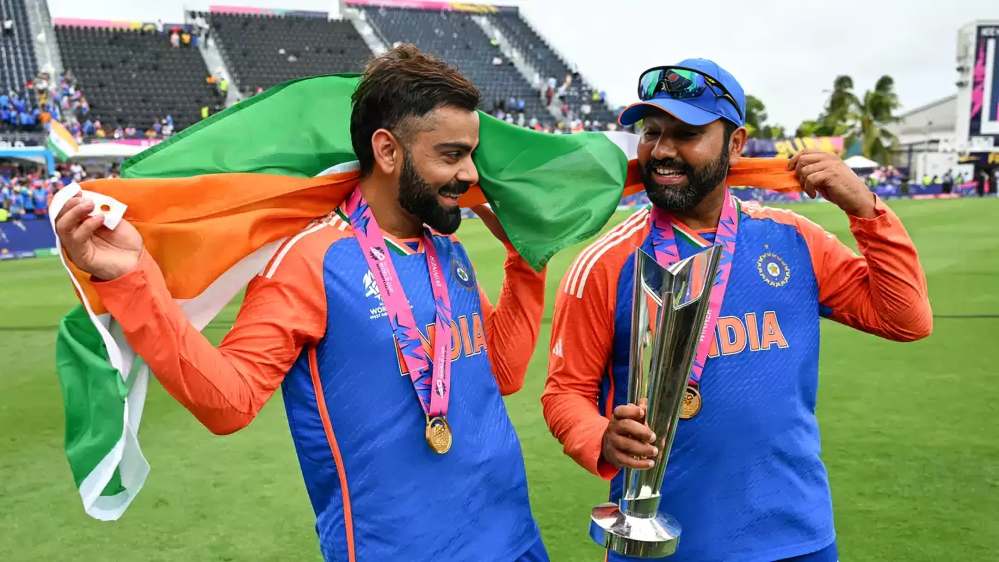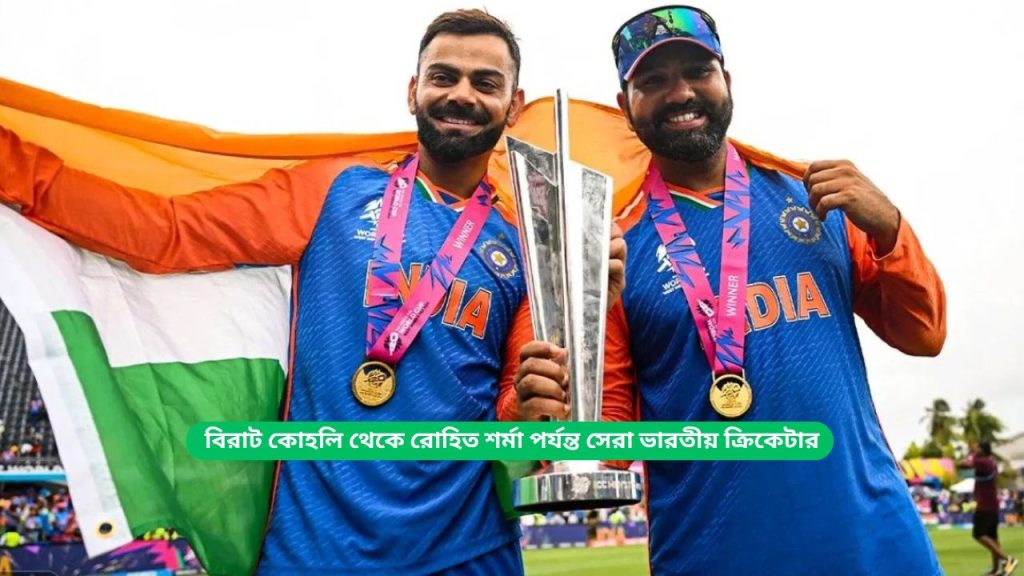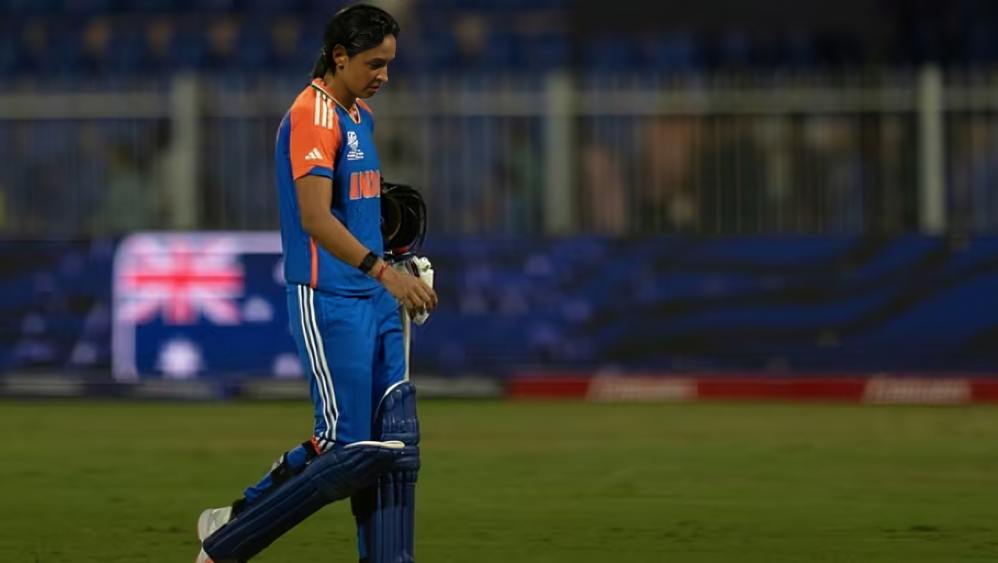Why Indian Cricketers Don’t Play in Other Leagues: Indian cricketers, despite being among the most sought-after and lucrative players in world cricket, are notably absent from many of the top domestic leagues outside India. While players from other cricketing nations regularly participate in leagues like the Big Bash League (BBL) in Australia, the Caribbean Premier League (CPL), and the Pakistan Super League (PSL), Indian cricketers rarely feature in these tournaments. This raises an important question: Why do Indian cricketers not play in other leagues?
Why Indian Cricketers Don’t Play in Other Leagues
To answer this, we need to explore a mix of historical, regulatory, and logistical factors that shape the careers of Indian players. The situation is more complex than simply choosing to participate in a global league, and several factors play a significant role in limiting their involvement outside the Indian Premier League (IPL).
1. The Influence of the IPL
The Indian Premier League (IPL) stands as one of the most successful and lucrative cricket leagues in the world. Launched in 2008, the IPL has transformed the landscape of world cricket by offering substantial financial rewards and giving Indian cricketers a platform to showcase their skills on a global stage.
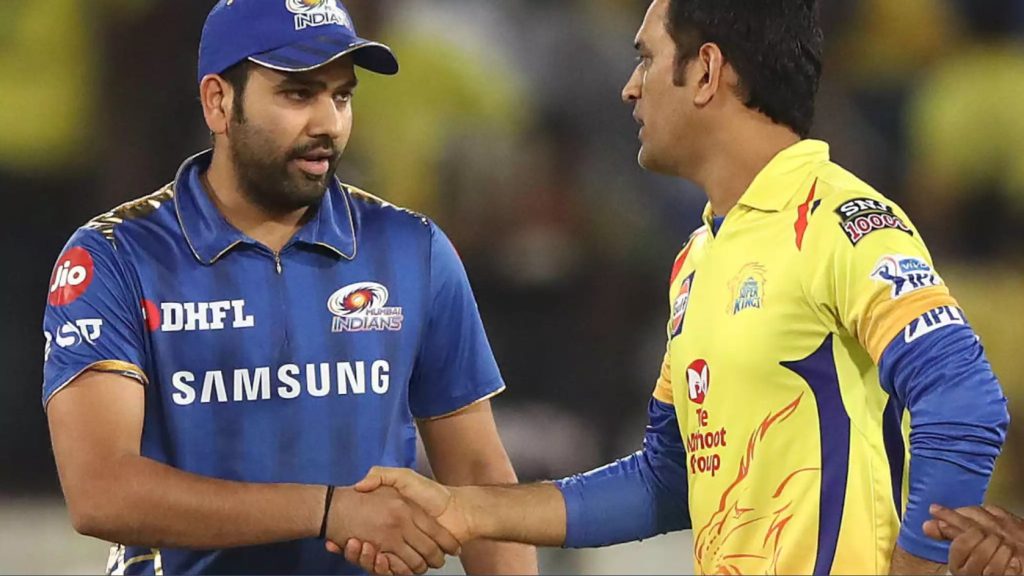
The IPL is a primary source of income for many Indian cricketers, and the competition is intense with players vying for spots in one of the most competitive leagues in the world. Given the immense popularity and commercial success of the IPL, players are often focused solely on performing well in the IPL, which takes up a significant portion of their calendar. Moreover, the financial rewards in the IPL are more than sufficient, making it less appealing for Indian players to pursue other league contracts.
2. The BCCI’s Control Over Player Contracts
One of the primary reasons why Indian cricketers do not play in other leagues is the strict control exercised by the Board of Control for Cricket in India (BCCI) over player contracts. The BCCI is one of the most powerful and influential governing bodies in world cricket. The board imposes certain restrictions on Indian players, particularly when it comes to participating in foreign domestic leagues.
Indian players are required to prioritize international cricket and are often not allowed to play in overseas leagues during the international calendar. The board wants to ensure that their players remain fit, focused, and available for national duties, which is seen as a top priority.
3. Conflict with National Commitments
One of the central reasons Indian cricketers do not play in other leagues is the packed international schedule. The Indian cricket team plays a significant number of series and tournaments throughout the year, including Tests, ODIs, and T20Is. These commitments leave little time for players to participate in domestic leagues overseas.
For example, during the winter months when the Big Bash League or the Caribbean Premier League is in full swing, the Indian team is often involved in international series or preparing for major global tournaments like the ICC World Cup or T20 World Cup. This tight schedule forces cricketers to forgo the opportunity to play in other leagues.
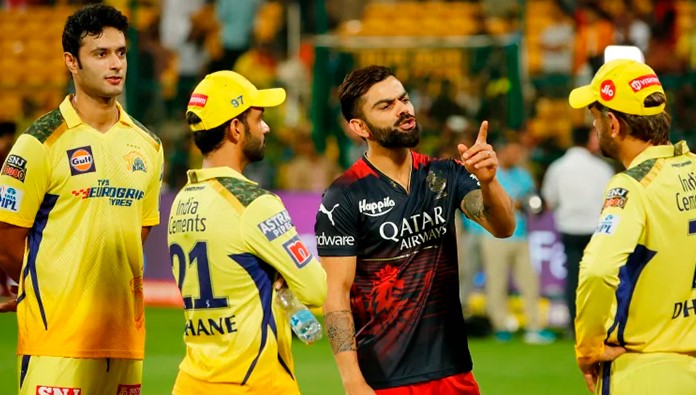
4. The Risk of Injury and Fitness Concerns
Playing in multiple leagues can increase the risk of injury and burnout, which is a concern for both players and the board. Given the intensity of modern-day cricket, the Indian cricket team prefers to keep its players fresh and in peak condition for international duty.
By limiting participation in other leagues, the BCCI ensures that Indian cricketers focus on staying fit for international competitions, avoiding the potential for injuries that could derail their national team commitments. Furthermore, the BCCI has stringent fitness requirements for its players, and participating in multiple leagues might not always align with maintaining peak physical condition.
5. The Political and Diplomatic Tensions Between Countries
In some cases, political tensions between India and other countries also play a role in restricting Indian players from participating in certain leagues. For example, the ongoing diplomatic issues between India and Pakistan have prevented Indian cricketers from playing in the Pakistan Super League (PSL), and vice versa.
Though there are no explicit bans on Indian players participating in the PSL or other leagues in politically sensitive regions, the political climate and national policies make such participation a complicated matter. Additionally, many Indian cricketers, due to security concerns and diplomatic reasons, might avoid participating in such leagues, preferring to stay focused on their commitments within India.
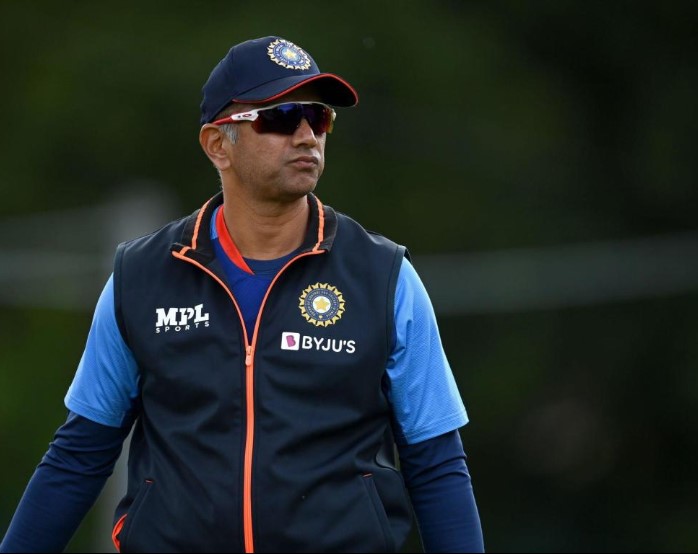
6. Branding and Sponsorship Agreements
Indian cricketers are high-profile individuals with lucrative sponsorship and endorsement deals. Many of these deals are tied to the IPL and other Indian brands. Playing in foreign leagues could potentially conflict with these sponsorship agreements, as players are often contractually obligated to promote Indian-based brands, which might not have global reach or interests aligned with international leagues.
Furthermore, the IPL’s commercial power means that Indian cricketers are bound by financial and branding agreements that prioritize their domestic league over international opportunities. Many sponsors prefer to focus on the IPL as the primary platform for promoting their products, which further discourages players from seeking contracts with foreign leagues.
7. The Rise of International Tournaments
In recent years, the landscape of international cricket has evolved to include more global tournaments, such as the ICC World Cup, the ICC T20 World Cup, and various other ICC events. These competitions are now a central part of a cricketer’s career, offering players a chance to represent their countries on the biggest stage and achieve immense national pride.
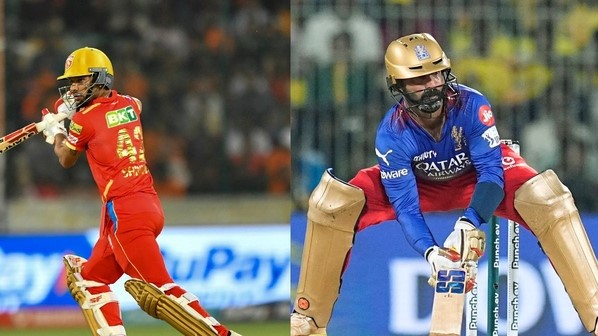
In this context, Indian cricketers are increasingly focused on international competitions rather than domestic leagues. The ICC’s global tournaments are prestigious events, and Indian players are typically committed to preparing for and participating in these tournaments, leaving them with less time to play in other leagues.
8. The Growing Popularity of the IPL and Its Global Appeal
The IPL is a highly competitive, fast-paced league that has attracted global superstars. The tournament has grown so large in scale and appeal that it is often seen as a “mini-World Cup,” with players from around the world coming together to compete in India. As a result, Indian cricketers have little incentive to play in other leagues, as the IPL already provides them with exposure, financial rewards, and the chance to compete against the best players in the world.
The IPL also offers significant international exposure for Indian players, as it attracts huge television viewership and sponsorship deals. With its own global presence, there is little desire for Indian cricketers to seek contracts in leagues that do not offer the same level of visibility and recognition.
While the allure of global leagues is strong for many cricketers, Indian cricketers are bound by a complex set of regulations and circumstances that limit their participation in other domestic leagues outside India. From the IPL’s dominance to the BCCI’s control over player contracts, the packed international schedule, and fitness concerns, these factors shape the careers of Indian players and often make participation in leagues like the Big Bash or the PSL impractical or impossible.
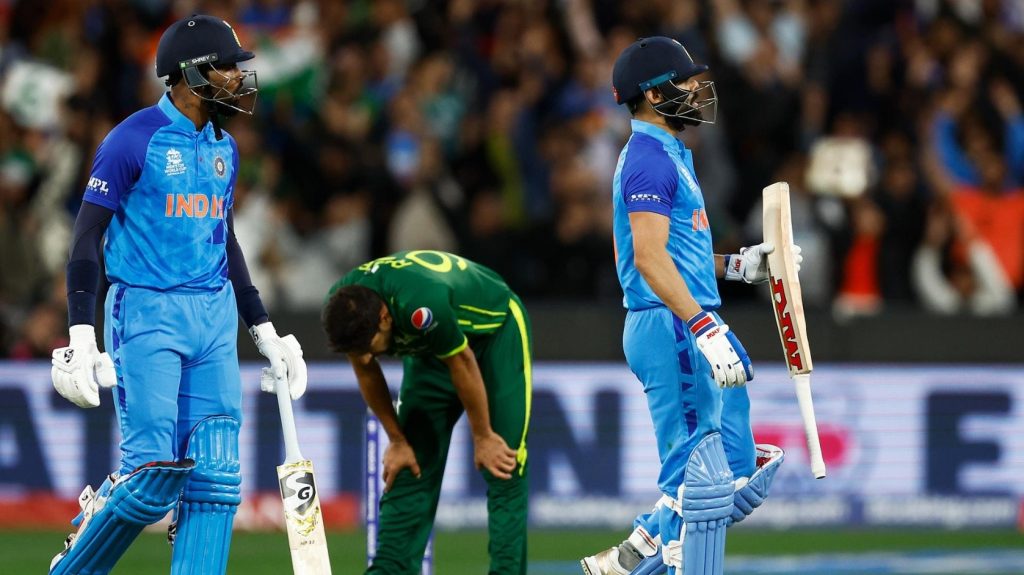
As the cricketing landscape continues to evolve, it remains to be seen whether the BCCI will relax its stance on player participation in overseas leagues. For now, though, the focus of Indian cricketers will likely remain on the IPL, the national team, and the global tournaments that showcase the best of international cricket.
You will have fun playing exciting games on here: E2Bet
Here Are Some Helpful Tips:



